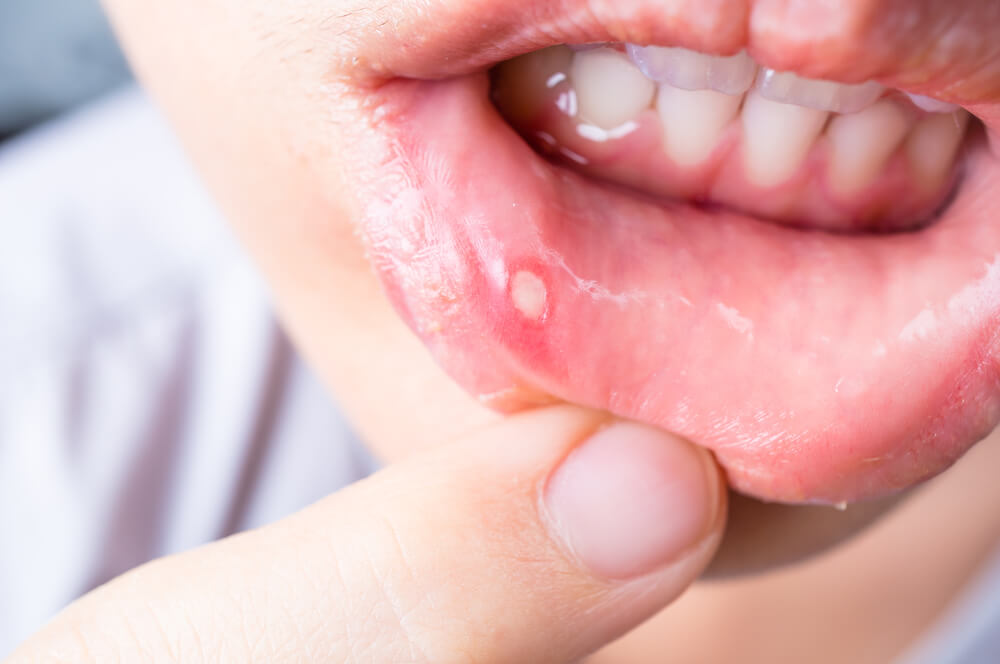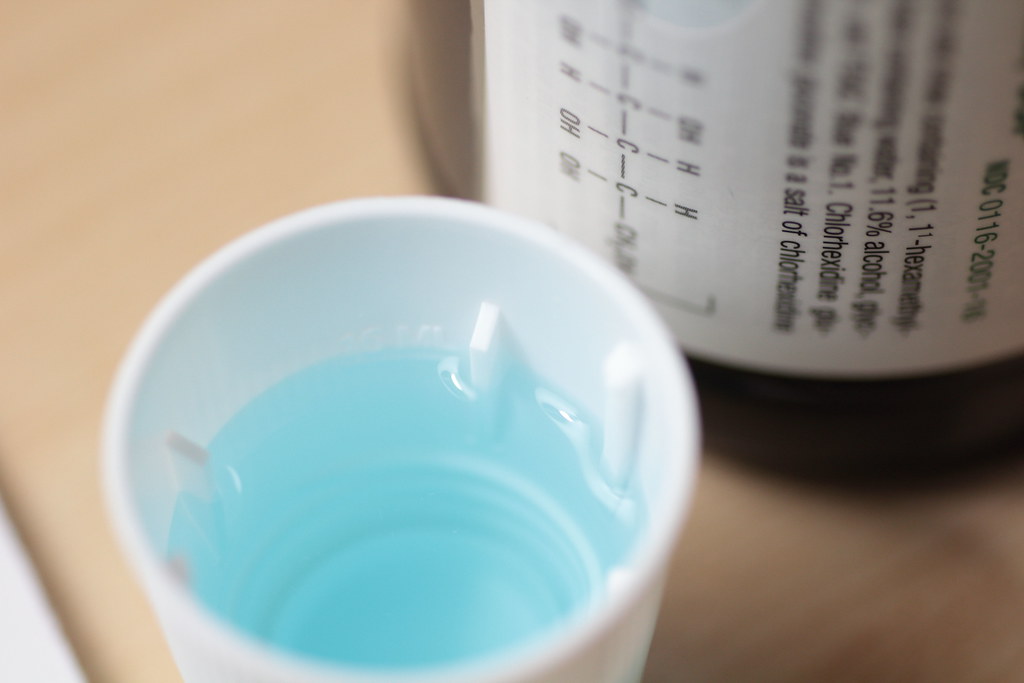Canker Sores: What Are They and How To Treat Them?
Have you ever experienced pain when food or a toothbrush hits a sensitive part of your mouth? Then you may have canker sores. Although canker sores are harmless, they can be very annoying, but what exactly is a canker sore, and what can you do about it?
What Is a Canker Sore?
A canker sore, also known as aphthous ulcers, is a grayish-white spot with red borders or areas in the mouth. It is most often found on the inside of the lips, tongue, gums, and cheeks. They are usually harmless and fortunately not contagious, but it is painful. Eating, drinking, and talking worsen the pain of the canker sores.
In about 80 percent of cases, the sore is small. They are about 2-10 mm in diameter. Small canker sores appear singly or in small groups and heal within two weeks. Large canker sores are rare. They are more than 1 cm in diameter. They are very painful and may take several months to heal. Sometimes they can leave scars.
How Do Canker Sores Form?
Although the exact cause of canker sores cannot be identified with 100% certainty, several factors contribute to the development of mouth ulcers. For example, consider.
-Lack of sleep
-Poor oral hygiene
-Chewing on the cheeks
-Brushing too hard
-Stress
-Some medications
-Hormones
-Food intolerance
If you are a frequent sufferer of mouth ulcers, it is essential to examine these factors and change your lifestyle if necessary.

Mouth ulcers
Tips for Treating Mouth Sores
Pay Attention to Your Diet
To begin with, eat carefully. Do not let food get the best of you. Do not eat spicy foods. Also, do not eat hard foods like croutons. Hard foods rub against the camphor and slow down your recovery.
Brush Your Teeth Gently
It is difficult, but try not to touch the sore with your toothbrush when brushing your teeth. A canker sore is a small wound, and to heal properly; you need to avoid touching it as much as possible.
Take Painkillers
If you have mouth sores, take painkillers such as paracetamol. Pain can cause stress and sleeplessness, which is not suitable for mouth ulcer healing.
Rinse Mouth With Chlorhexidine
Mouthwash with chlorhexidine kills bacteria in your mouth. This can prevent mouth ulcers from flaring up again.

Chlorhexidine
Do Not Drink Carbonated Drinks
Carbonated drinks and acidic fruit juices such as orange juice are very painful to drink when you have mouth ulcers.
Do Not Touch the Sore
You may not have an open mouth, but try not to touch the sore. This applies not only to your hands and toothbrush but also to your tongue. If an aphthous ulcer breaks out, it will only cause more pain.
Apply Oral Gel With Lidocaine
Lidocaine oral gel can help reduce pain. Applying it to the sore just before eating will reduce the pain when eating.
Ice
Cool the mouth with ice. The cold relieves the pain.
Prevention of Mouth Ulcers
Aphthous ulcers damage the oral mucosa. Therefore, it is important to keep this mucous membrane healthy and prevent canker sores. Here’s how you can do this:
Maintain Good Oral Hygiene
Clean teeth and a clean mouth ensure a healthy oral mucosa. It also protects the mouth from viruses and bacteria that can cause mouth ulcers. Therefore, brush your teeth twice a day and do not neglect regular visits to the dentist.

Toothbrush
Pay Attention to Your Diet
A lack of vitamin B, zinc, and folic acid can cause mouth ulcers. Gluten may also be involved in the development of canker sores. If you often get mouth ulcers, try to reduce gluten and eat more fruits and vegetables.
Avoid Stress and Fatigue
Easier said than done, but stress and fatigue are significant triggers for the onset of canker sores. Modern life is very fast-paced, and stress and fatigue can build up more quickly than you think. Therefore, set aside time to relax regularly. When you are done with work, turn off your laptop or cell phone. Take a good book and a bath. Simply relax.
Canker sores usually disappear spontaneously within 14 days. The tips above can help speed up the healing process. If the canker sore in your mouth is larger than 1 cm, it may take longer. If the mouth sores do not heal within two weeks, or if you develop a fever and feel sick, contact your doctor.



